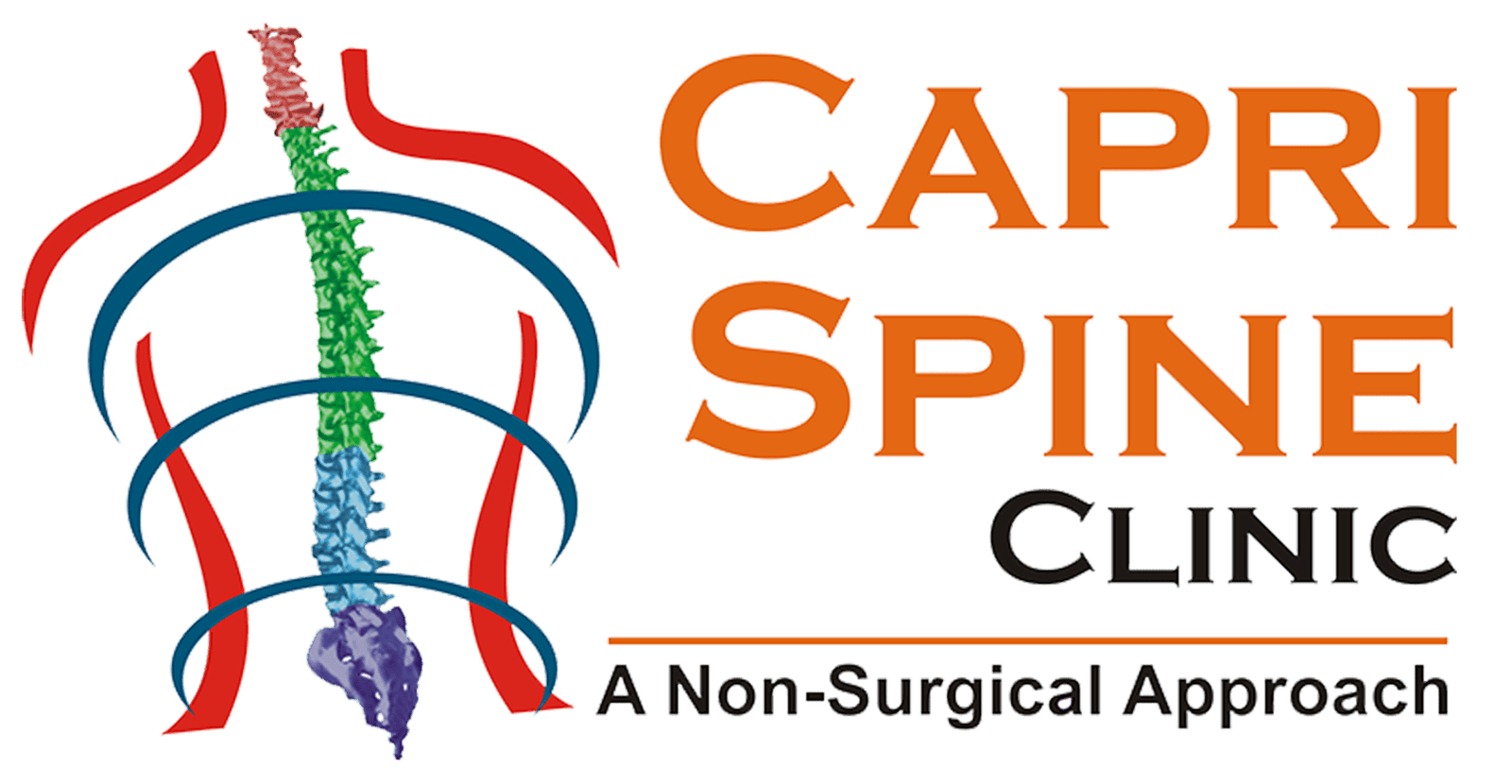When it comes to managing pain conditions, a one-size-fits-all approach rarely works. Physiotherapy offers a tailored solution, addressing specific pain points and recovery goals for each individual. Whether you're dealing with knee pain, shoulder discomfort, or other joint issues, understanding the importance of customized physiotherapy treatment plans can be the key to effective and sustainable …
When it comes to managing pain conditions, a one-size-fits-all approach rarely works. Physiotherapy offers a tailored solution, addressing specific pain points and recovery goals for each individual. Whether you’re dealing with knee pain, shoulder discomfort, or other joint issues, understanding the importance of customized physiotherapy treatment plans can be the key to effective and sustainable relief. At Capri Spine Clinic, we specialize in personalized care, ensuring each patient receives a treatment plan suited to their needs.
Why Customization Matters in Physiotherapy for Pain Conditions
Each person’s body responds differently to pain and injury. Factors like age, activity level, medical history, and the nature of the condition all play a role in recovery. For example, physiotherapy for knee pain in a young athlete may focus on strength training and stabilization, while an elderly patient with osteoarthritis may require gentle mobilizations and low-impact exercises. Customized plans adapt to these unique needs, increasing the likelihood of positive outcomes and faster recovery.

Physiotherapy for Knee Pain: Tailored Treatment Plans
Knee pain is a common issue caused by injuries, overuse, or degenerative conditions like arthritis. A personalized physiotherapy plan addresses the underlying cause of knee pain and incorporates strategies to reduce inflammation, improve strength, and restore knee function.
1. Assessment and Diagnosis
- Each treatment plan begins with a comprehensive assessment to identify the cause of knee pain, whether it’s a ligament injury, meniscus tear, or arthritis.
- Physiotherapists evaluate the patient’s range of motion, strength, and pain triggers to create a targeted plan.
2. Strengthening Exercises
- Building strength in the muscles around the knee (quadriceps, hamstrings, and calves) provides support to the joint, alleviating stress and reducing pain.
- Example Exercise: Straight leg raises and mini-squats are often included to strengthen the knee area gradually and safely.
3. Manual Therapy
- Hands-on techniques, such as mobilization and soft tissue massage, help improve knee joint movement and reduce stiffness.
- Manual therapy is particularly beneficial for patients with arthritis, as it enhances flexibility and range of motion.
4. Balance and Stability Training
- For individuals recovering from an ACL injury or similar, stability exercises restore balance and prevent reinjury.
- Example Exercise: Single-leg balance exercises and side-step movements help retrain muscles to support knee stability.
5. Education and Preventive Care
- Physiotherapy for knee pain includes guidance on how to avoid future injuries, such as proper lifting techniques, posture adjustments, and safe exercise routines.
- Patients are encouraged to continue certain exercises at home for long-term knee health.

Shoulder Pain Physiotherapy: Effective Treatment Approaches
Shoulder pain can result from conditions like rotator cuff injuries, tendinitis, frozen shoulder, or impingement syndrome. Shoulder pain physiotherapy aims to relieve pain, restore mobility, and rebuild shoulder strength, allowing patients to resume daily activities without discomfort.
1. Targeted Diagnosis and Goal Setting
- Each shoulder pain treatment plan begins with a detailed assessment of the shoulder’s range of motion, flexibility, and pain level.
- Identifying the specific condition—whether it’s a rotator cuff tear, bursitis, or tendinitis—helps in crafting an effective treatment plan.
2. Stretching and Flexibility Exercises
- Restoring flexibility in the shoulder joint is essential, especially for conditions like frozen shoulder.
- Example Exercise: Pendulum stretches and passive range-of-motion exercises are commonly prescribed to improve shoulder mobility.
3. Strengthening the Rotator Cuff
- Strengthening the rotator cuff muscles reduces pain and improves shoulder function, particularly in cases of rotator cuff tendinitis or tears.
- Example Exercise: External rotations and resistance band exercises specifically target the rotator cuff, providing stability and strength.
4. Posture Correction and Ergonomic Advice
- Poor posture often contributes to shoulder pain, particularly for those who work at desks or perform repetitive tasks.
- Physiotherapists provide advice on maintaining proper posture and recommend ergonomic adjustments to prevent shoulder strain.
5. Pain Management Techniques
- Techniques like ultrasound therapy, electrical stimulation, and ice/heat applications are often used in shoulder pain physiotherapy to manage discomfort and promote healing.
Comprehensive Physiotherapy for Other Pain Conditions
While physiotherapy for knee pain and shoulder pain physiotherapy are common, physiotherapy also provides effective treatment for various other pain conditions:
- Lower Back Pain: Custom plans focus on core strengthening, posture correction, and flexibility to alleviate back pain and improve spine health.
- Hip Pain: Exercises for hip mobility, strengthening surrounding muscles, and manual therapy help restore function and reduce hip discomfort.
- Neck Pain: Treatment for neck pain includes neck stabilization exercises, posture correction, and mobilizations to reduce stiffness.
Tips for Maximizing the Benefits of Physiotherapy
To get the most out of your physiotherapy sessions, consider these tips:
- Stay Consistent with Exercises: Regularly perform prescribed exercises, both during sessions and at home, to reinforce progress.
- Communicate with Your Therapist: Share updates on your pain levels and mobility, as this helps the therapist adjust your treatment plan as needed.
- Incorporate Lifestyle Changes: Follow ergonomic advice, posture corrections, and preventive tips from your physiotherapist to support long-term recovery.
Why Choose Capri Spine Clinic for Physiotherapy in Delhi NCR?
With locations in Delhi, Gurugram, Noida, and Greater Noida, Capri Spine Clinic offers expert physiotherapy for knee pain and shoulder pain physiotherapy designed for personalized care. Our experienced physiotherapists assess each patient’s unique needs, creating a customized treatment plan for sustainable relief and recovery. For effective, specialized pain management, trust Capri Spine Clinic to guide you toward better health and mobility.






